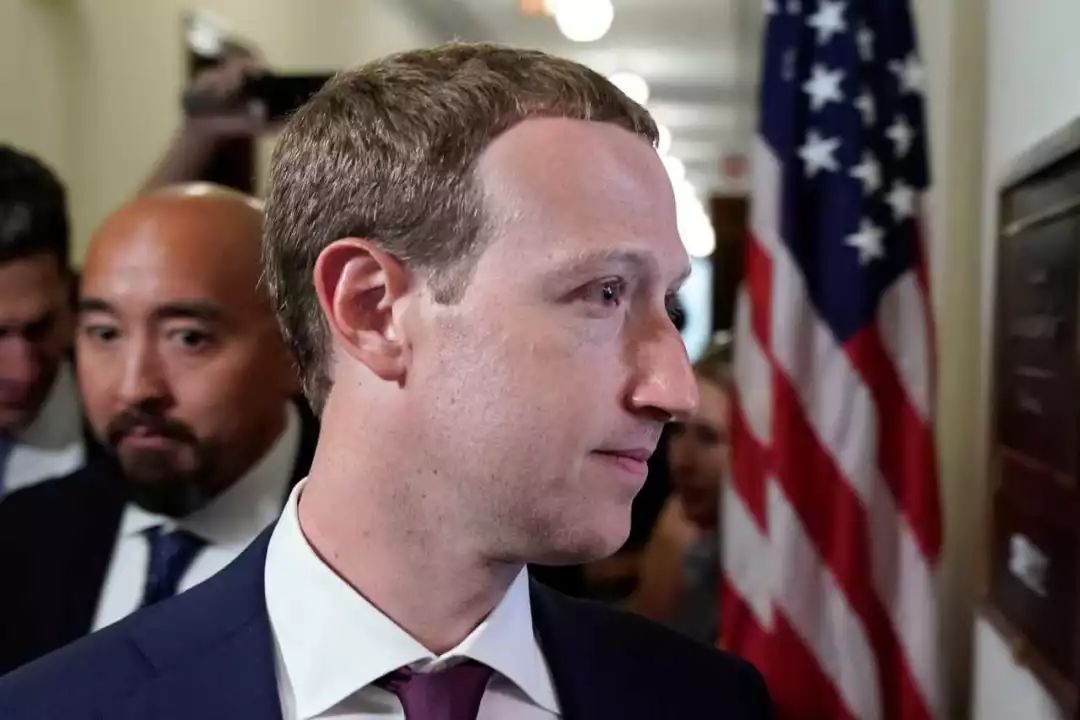After a series of scandals, Zuckerberg, who was once a hero, is trying to get rid of the past image and show him the maturity of Facebook and Facebook.
Editor’s note: This article is from WeChat public account “iFeng Technology” (ID: ifeng_tech ), the author Xiao Yu.
Zuckerberg
Facebook has a famous motto: “move fast and break things.” But Facebook CEO Mark Zuckerberg now believes that after a series of scandals have weakened users’ trust in the company, the company has to “think twice before” on new technologies such as virtual reality (VR) and cryptocurrency.
Zuckerberg said in an interview at Silicon Valley headquarters: “In the past few years, Facebook and other large Internet companies have truly stood in the center of society on many important social issues.”
He is pleased to admit that we have not done what we should have done in time to protect privacy, ensure user well-being, and prevent election interference.
The unprecedented growth of Facebook and the consequences of the rise of the digital economy it advocates have left it tired. Cambridge’s analysis of data breach scandals, the proliferation of fake news and other issues have angered many users and created a distrust of Facebook.
Zuckerberg was wearing an iconic T-shirt, jeans and sneakers in an interview, trying to get rid of some of the “subversive” image, showing the outside world that he and Facebook are mature and learning from these challenges. The lesson.
Handling risk to be prepared
He said that the company has experienced a “significant focus shift” to deal with risks more proactively. “In the past, our approach was more about developing a tool first. When we found out that people were using it in an inappropriate way, we set about stopping it,” Zuckerberg said.
“But, I think the reality now is that there are so many people using these tools that we can’t wait to release something to control its improper use,” he said. “We must plan ahead.” /p>
He called for advance adoptionMeasures such as developing artificial intelligence systems to help identify and ban potentially dangerous content, rather than waiting for user reports.
“But at the same time, I also want to make sure that we can continue to innovate and advance the technology, even when we are dealing with these major social issues,” Zuckerberg said.
He elaborated on the vision of using VR and augmented reality (AR) technology to change the way people communicate, which is part of Facebook’s mission to help people build relationships. “For the first time, these technologies make you feel like you are with another person,” he said.
This change will also expand into the workplace. “Talents are everywhere, but opportunities are often highly concentrated, usually in cities,” he said. But in the future, with VR technology, “I think you can choose where you want to live, the community you live in, but at the same time you can seize the opportunities you want elsewhere.”
Zuckerberg believes that “I really think that this will have a far-reaching balanced impact on society and is very important to the overall economic development.”
However, society has been concerned about the massive amounts of data generated by VR systems, such as data about the user’s body and eye movements. Zuckerberg tried to alleviate his concerns, saying that Facebook’s privacy model on hardware such as the Oculus Rift VR headset is different from the privacy model of the service business. Many of the information is present on the device, not the network.
“I think that when you develop a device, expectations are different. We need to make sure that this information is kept in a safe place so that people trust it.”
Cryptographic currency Libra
Facebook’s plan to develop its own cryptocurrency, Libra, has also plagued regulators in many countries, who fear that Libra will affect the global financial system. Zuckerberg promoted Libra as a way to help people in emerging economies participate in the financial system, emphasizing the need to eliminate this uneasiness by talking to regulators.
“Many people have questions and concerns, and we are committed to ensuring that we dispel all doubts before further advancing Libra,” he said.
When asked about Facebook’s previous plans to launch Libra in 2020, Zuckerberg avoided talking. “Obviously, I hope to move forward at some point in the near future, rather than spending years,” he said. “But now, I really focus on making sure everything goes wrong.”
” Some of our current strategies and changes are: When we do something that is very sensitive to society, we want to have a transition period to explain, negotiate with people to get feedback, and solve problems before launch. “Zuckerberg said, “This is a very different strategy than it was five years ago. But I think that considering the size of our current operations, this is the right way to do things.”
